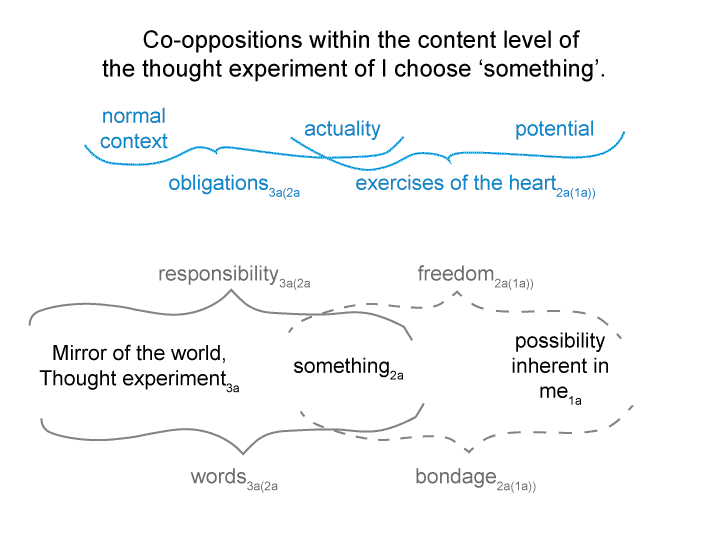Man and Sin by Piet Schoonenberg (1964) 2.3 RV
Summary of text [comment] pages 83 and 84
[Welfare and other transfer payments are particularly deceptive.
When does getting something for free (one of the ways that the government attains its objectsorganization) sound like an “responsibility”?
Yet, it imposes the unavoidable: The recipient must vote for the Party of Larger Government.
In order to do that, the recipient justifies “himself” through state propaganda.]

